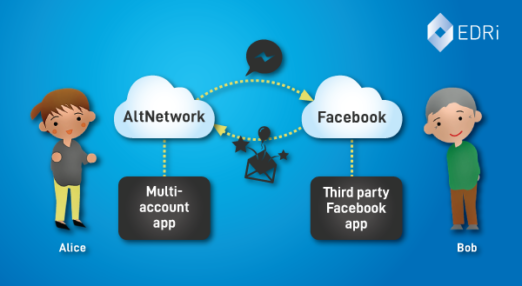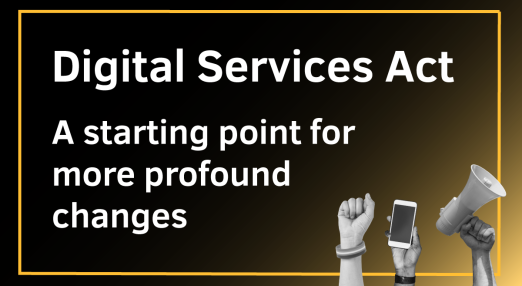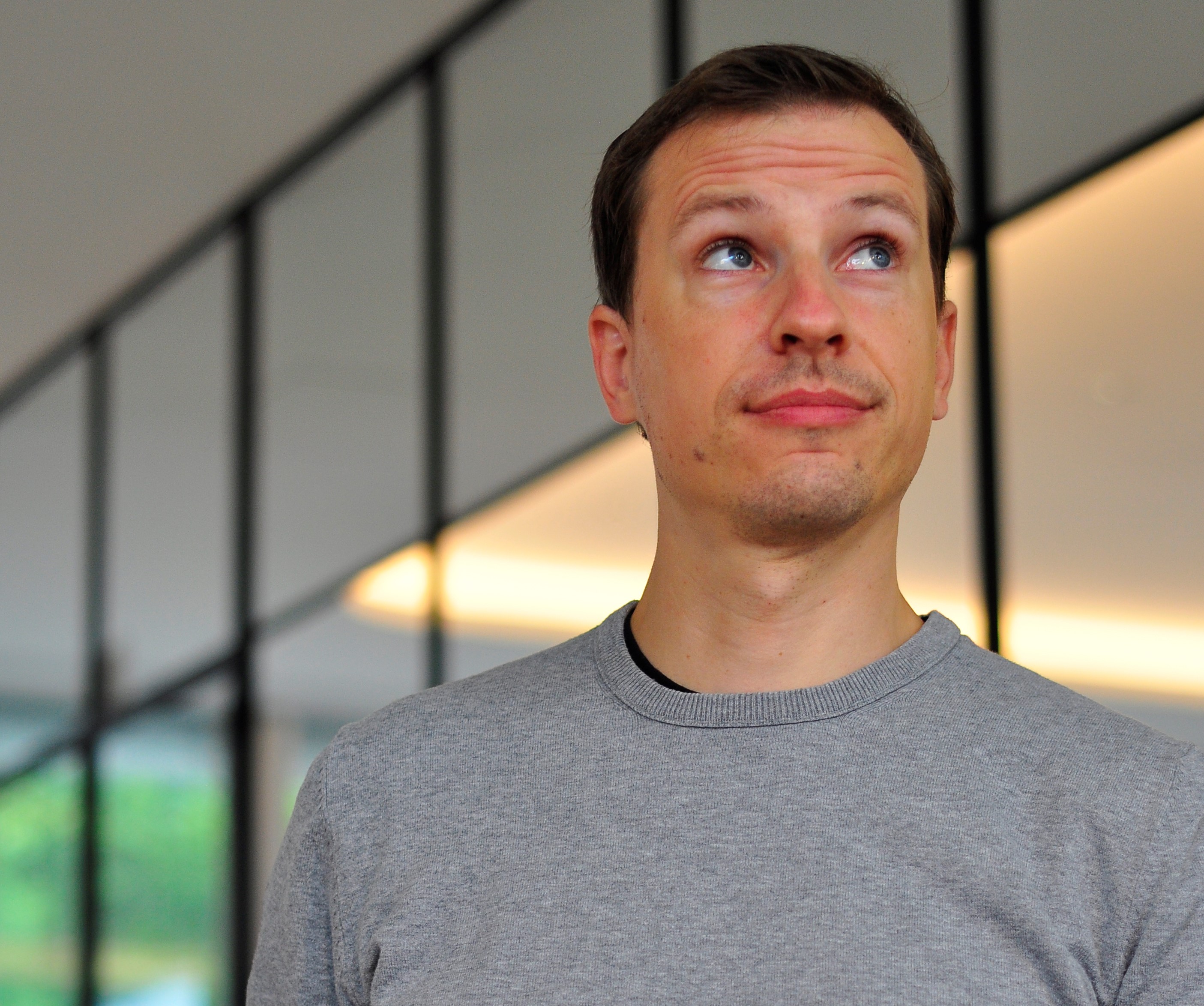Everyone is on Mastodon now, but why?
Millions of people and organisations are flocking to Mastodon in the wake of Elon Musk’s Twitter takeover. EDRi is among those who recently started using the decentralised and free social network. What does Mastodon do better, and why does it get digital rights groups all excited?
When Elon Musk bought up Twitter Inc. as his personal toy to play with, a lot of people started to worry. By acquiring Twitter, the richest man on Earth took unchecked control of arguably one of the most powerful online platforms for political speech and public debate.
To be clear: Twitter does not obtain its power through the number of users alone. In fact, with something around 400 million active monthly users, the bird site is—and has always been—dwarfed by Facebook’s 3 billion or YouTube’s 2.6 billion global user base.
What makes Twitter influential is who is there. Politicians mingle with reporters, researchers, billionaire investors, celebrities and activists, including EDRi and most of its member organisations.
Some of those people have racked up millions of followers. Protestors, soldiers and aid workers share updates from conflict and disaster zones often in real-time. And for the press Twitter is at the same time a valuable megaphone and a source of first-hand information that exists almost nowhere else.
So why are people fleeing Twitter?
The moment Elon Musk took the helm at Twitter, he started to bring havoc to the platform as people knew it. He fired half the workforce, including most of its content moderation experts and the entire human rights team.
He messed up Twitter’s account verification system seemingly without clear plan for or understanding of that system. And he re-instated the suspended accounts of mass offenders of the company’s own terms of service—many of them are major spreaders of hatred and disinformation. Even the European Commission felt compelled to remind Musk of Twitter’s obligations under EU laws such as the Digital Services Act.
Within days, #TwitterMigration and #JoinMastodon became trending topics, so let’s a have a look what makes Mastodon different.
Mastodon is not a platform, it’s a network
While Twitter is a centralised platform that is owned and controlled by San Francisco-based company Twitter Inc., Mastodon is an entire network of individual platforms (called “instances”, think of it as your digital neighbourhood). Each instance in that network can connect with all other compatible instances and hence Mastodon users from any instance can, in principle, communicate with and follow any Mastodon user on any other instance.
Mastodon is like email but for social media: It does no matter whether you’re email account is with Gmail, Yahoo, or set up by your employer. Everyone can email everyone else, and no one can just “buy email”. What’s more, the decentralised nature of email makes it incredibly resilient.
Even if one email provider goes offline, this does not prevent the rest of us to continue emailing. The same is true for Mastodon: It does not matter on which instance you open your account, whether it’s on Mastodon’s huge signature instance Mastodon.social or on a smaller community-run instance like Home.social. Users are in principle always able to reach the entire network.
Mastodon was founded in 2016 by German software developer Eugen Rochko. It had garnered a small but loyal fan base of a few hundred thousand users over the years. Since Musk’s Twitter takeover, however, account numbers have exploded to around 8 million (over 2.5 million monthly active users) across some 8,500 individual instances and keep on rising.
But there is more: Mastodon uses a free and open source protocol called “ActivityPub” to enable instances to interconnect with each other; and Mastodon is not the only online service that speaks it! There is the Instagram replacement PixelFed the YouTube replacement PeerTube, the podcast platform FunkWhale, or the Facebook replacement Friendica. All of them speak ActivityPub and people on each can simply follow people on all others without having to open up accounts everywhere.
The Fediverse is a blessing for digital rights
The entire ecosystem of interconnected free and open source online services is called “Fediverse”, a portmanteau of “federation” and “universe”.
Each of those services is a building block with the potential to replace their dominant Big Tech equivalent. Each of them is capable of providing social media services to everyone but without our public spaces being owned by and shaped in the interest of a small handful of the most powerful corporations the world has ever witnessed.
To the contrary, the way the Fediverse and Mastodon are set up enables a much higher respect for its users’ digital rights and ticks many of the boxes for ethical social media that EDRi and its member organisations have been advocating for years:
- Most (if not all) of the Fediverse is free and open source software: That gives everybody the rights to use, understand, adapt, and share that software freely. Making software free and open source is the best protection we have against corporate capture and privacy invasions through it.
- The Fediverse is decentralised: No person or entity can buy the Fediverse. The underlying technology such as the ActivityPub protocol and other pieces of software are published under a Free Software license that empowers anyone to take the software, change it, and continue its development. The Fediverse is part of the commons.
- The Fediverse is interoperable: Since it is built on the freely available ActivityPub protocol, services like Mastodon are automatically interoperable with every other online service that speaks the same protocol.
- The Fediverse has no commercial surveillance and no built-in ads: None of the current services belonging to the Fediverse use profiling or personal data collection as a business model, for example to show tracking ads. This does not mean that one could not run a Mastodon instance as a for-profit business but it is hard to see the case for a surveillance-based business model, which requires centralisation and the maximisation of user numbers, in the Fediverse.
- The Fediverse has no toxic recommendation algorithms: Content shared across services like Mastodon are ranked chronologically only. No algorithm optimised to make users addicted to scrolling more and seeing more ads will interfere with what content people choose to see.
- Content moderation is not controlled by a single all-powerful party. It lies in the hands of people. Each instance sets and enforces its own content moderation rules, only limited by the laws of the country in which it operates. If the rules are good and well-enforced, users will stay and enjoy that instance. If they are bad, people can move to a better instance. If content moderation is very bad or non-existent, the instance is likely going to be de-federated by other instances, i.e. no one will want to talk to it any more.
Okay, where do we go from here and what should we do?
Mastodon now also attracts high-profile journalists like Annette Dittert and Adam Davidson, as well as politicians like European Commissioner Thierry Breton, German social-democratic leader Saskia Esken, and Member of European Parliament Alexandra Geese. And that’s a good thing.
For one because it makes the Mastodon and the Fediverse even more interesting for people to join. But also because it ensures that these influential people become familiar with concepts like free and open source software and interoperability. It shows them that a different, people-centered social web is possible—in fact: that it is already here.
When policymakers, journalists and other influential people know and use the Fediverse, they might also be empowered to recognise its role in achieving the EU’s political agenda, such as its contribution to Europeans’ data protection rights, to stronger cyber-resilience, and Europe’s digital sovereignty.
EDRi and its members will continue to promote and support the development, roll-out and wide adoption of Fediverse social media as better alternatives to Big Tech’s centralised social media advertising platforms. Importantly, we will also continue to fight for legislation that takes decentralised, free and open source, and community-run software and services into account and does not expose them to unnecessary and inappropriate legal risks.
But our success will depend on you. It will depend on people joining and filling the Fediverse with life and thriving public debates online that are inclusive and open to all.
- kurz&mündig: Fediverse. This is how social media works (in German)
- Fediverse – how good social media works (in German)
- What is Mastodon? (video content)
Explore EDRi’s work on the problems created by Big Tech’s social media advertising platforms
-

Interoperability: A way to escape toxic online environments
The political debate on the future Digital Services Act mostly revolves around the question of online hate speech and how to best counter it. Whether based on state...
-

Booklet: Surveillance-based advertising: An industry broken by design and by default
Most online advertising today relies on huge amounts of personal data extracted from people without their knowledge. EDRi’s new guide book “Targeted Online” sheds light on this opaque...
-

The DSA should pave the way for systemic change
Today, 5 July, is a victorious day for human rights online as we embark on the next stage in our journey – real alternatives to the currently dominant...
-

How can “interoperability” strengthen our choices and privacy online?
Brussels is moving into high gear on internet regulation, as the text of the much-anticipated Digital Services Act (now with an additional Digital Markets Act) is due to...

